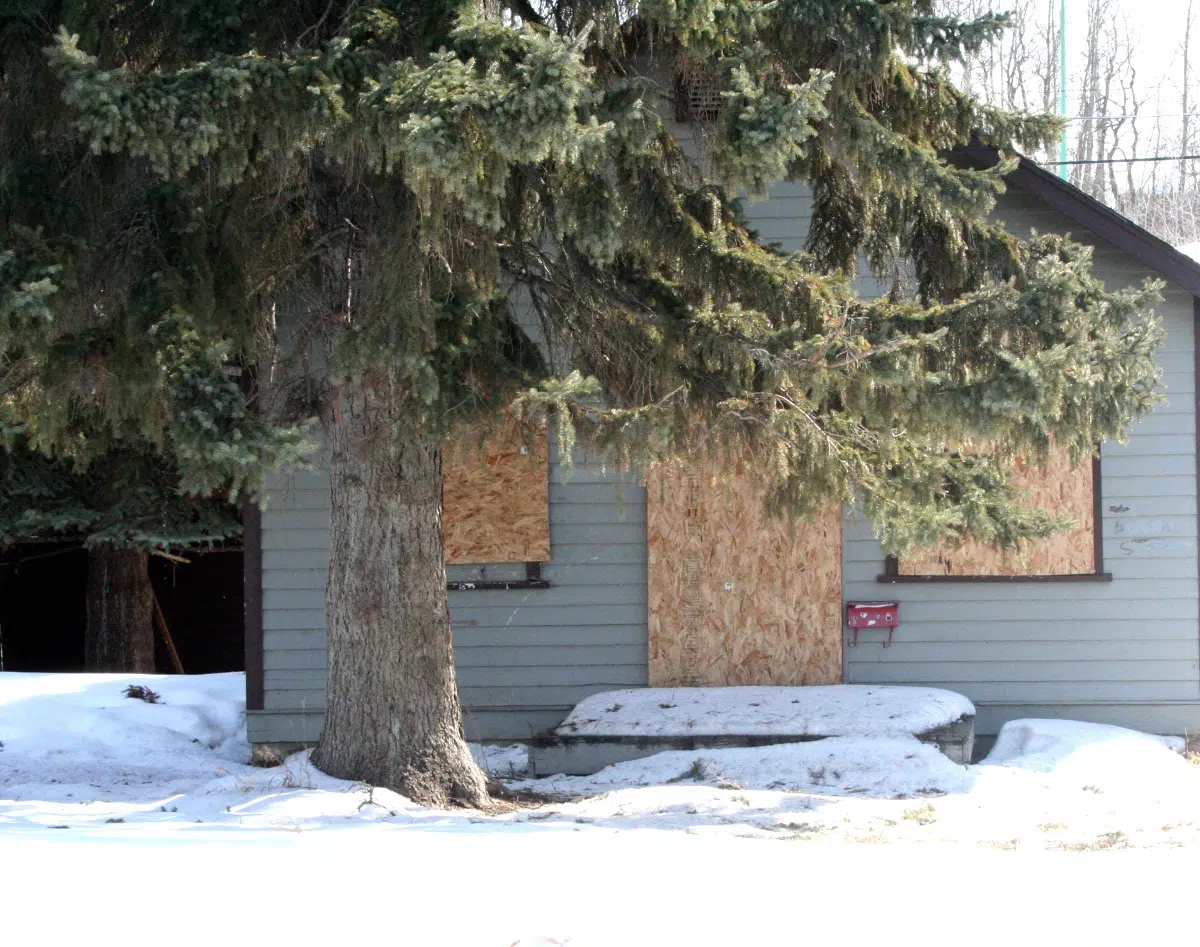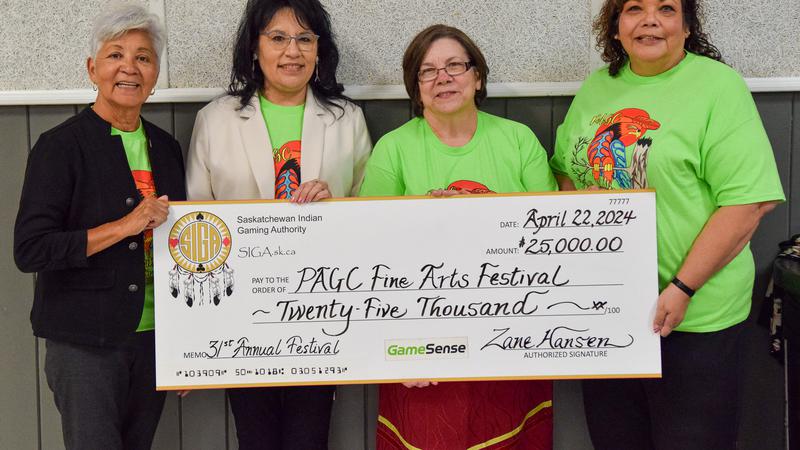
Councillor turns to Winnipeg to solve problem of boarded houses
One city councillor is looking to Winnipeg for a model for its bylaws to deal with the problem of houses that are boarded up around Prince Albert.
Councillor Charlene Miller put forward a motion during Monday evening’s council meeting to look at Winnipeg’s bylaw that deals with vacant houses. “So we can have more teeth in our bylaws for a bylaw to do something about the houses that are derelict in communities, so we can do something about them.”
Council passed Miller’s motion to send the Winnipeg bylaw to administration in Prince Albert to see how the city could upgrade regulations.
In Prince Albert, the problem is there are homes that are boarded up, some are burned, Miller said.
“And we need landlords to take care of their houses.”


